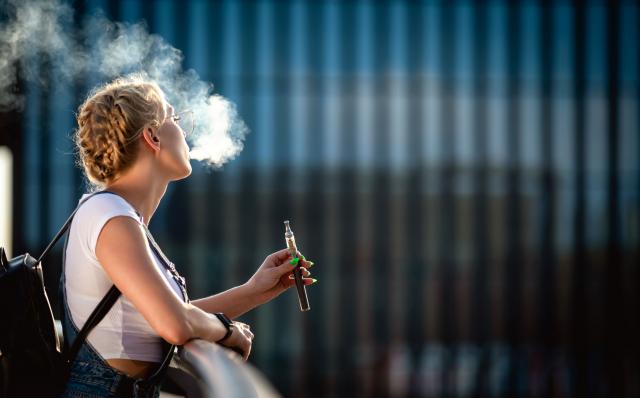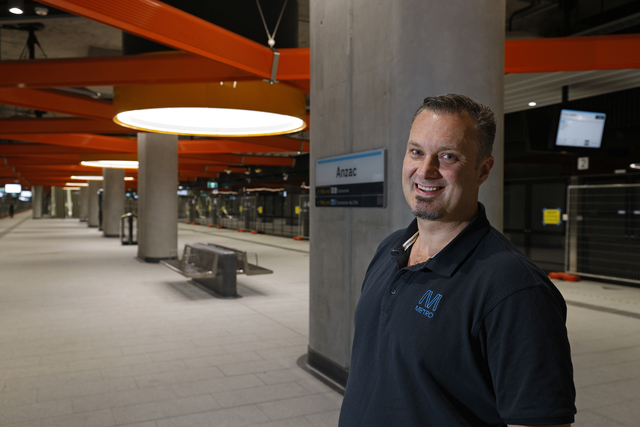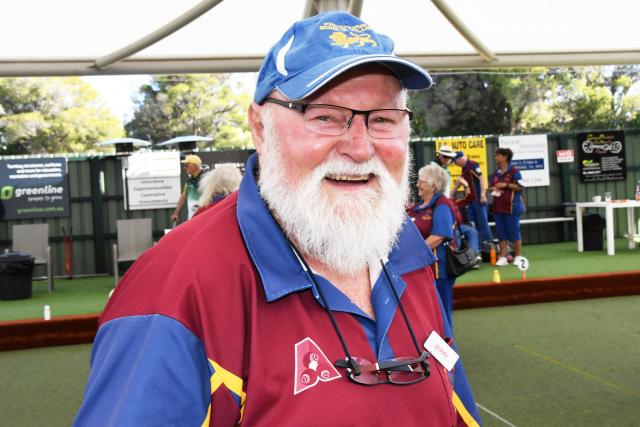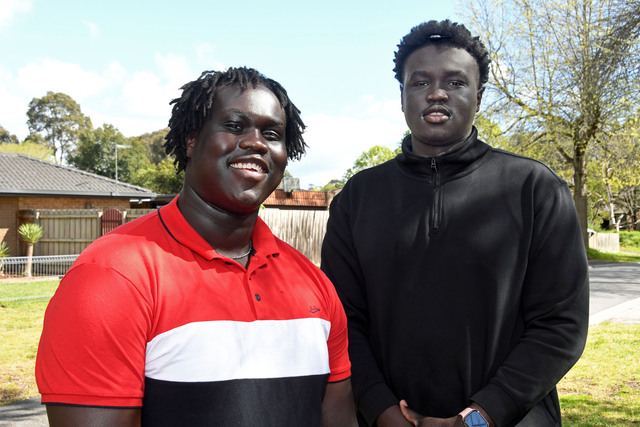Parents and concerned loved ones can now let out a sigh of relief at the Federal Government’s stern actions against the widespread use of vapes.
But can these upcoming strict laws on vaping really make a difference?
The crackdown on vaping in the federal budget was a confirmation of the vaping reform announced on 2 May by Minister for Health Mark Butler.
Founder of Drug Education Australia, Sharon Thorpey said although the fact that this issue is talked about, is a “positive starting point” there are layers that need attention.
“It’s one thing to put a law in place and another to actually follow that up with a body and I think that’s where we’re lacking.
“This law has been in place already. From what i hear from students, parents and teachers it’s not being well regulated.”
Young Victorians aged 18-30 make up the largest proportion of current e-cigarette users (54 per cent), according to the Victorian Smoking and Health Survey conducted by Cancer Council Victoria’s Centre for Behavioural Research in Cancer (funded by VicHealth).
“To be honest i think we’ve missed the ball a little bit and things have gotten away from us. We really need to do something significant to change what’s happening,” Ms Thorpey said.
It’s already illegal to sell vapes to under 18-year-olds yet convenient stores and retailers have flouted these regulations.
Ms Thorpey said it’s unclear as to whose responsibility is it to regulate these laws leaving her with frail confidence in the government’s steps.
“I speak to young people all the time. It’s so easy for them to access these products. We need to get control over the ease of access they have.
“They walk into convenient-store, they could be in school uniform and these things are still sold to them.”
In Australia, around 14 per cent of 12 to 17-year-olds has ever tried an e-cigarette, with around 32 per cent of these students having used one in the past month, according to Alcohol and Drug Foundation.
According to the foundation, students who used e-cigarettes most commonly reported getting the last e-cigarette from friends (63 per cent), 12 per cent of students reported buying the e-cigarette themselves and eight per cent from siblings.
“When i speak to parents who try to report these shops they contact the police and rightly so they’re run off their feet right now it’s hard for them to manage it.
“Some council is fantastic, very progressive and actually trying but there’s other councils that don’t follow it up.
The changes will see a ban on single use, flavored and colorful disposable vapes, replaced by plain packaging and a 5 per cent excise on tobacco for the next three years.
“These people (those selling vapes) will have to have significant consequences for what they’re doing before they change their ways.
“We know they’re making good amount of money out of this so while they get away with it they’ll continue to do so,” Ms Thorpey said.
While Mr Butler said the reforms will be implemented with a sense of urgency the commonwealth, state and territories are working on the precise terms of the regulations, according to The Guardian.
New legislation will be required, transition period may be needed.
Quit (established by the Minister for Health and Cancer Council Victoria) director, Matthew Scanlon said, “Quit is hopeful that the new Federal vaping reforms will curb soaring rates of recreational e-cigarette use, especially among people aged under 30.”
Drug Education Australia (DEA) has an upcoming webinar in collaboration with Monash Health, City of Greater Dandenong and City of Casey, to educate parents on the vaping topic and how to communicate the potential risks of vaping to their children.
Ms Thorpey said students need to be educated of the potential risks of vaping and also celebrate the majority of students who chose not to vape.
Monash Health have said, “This webinar will provide insights into trends and risks of vaping as well as practical strategies to support young people.
“Decreasing tobacco and vaping use is one of the four priority areas being addressed by Monash Health’s South East Public Health Unit, aiming to reduce cardiovascular disease and ensure our children and young people are healthy.”
The free online webinar is scheduled on Tuesday 6 June.
To register for the event, visit: https://monashhealth.org/services/health-promotion/#events







